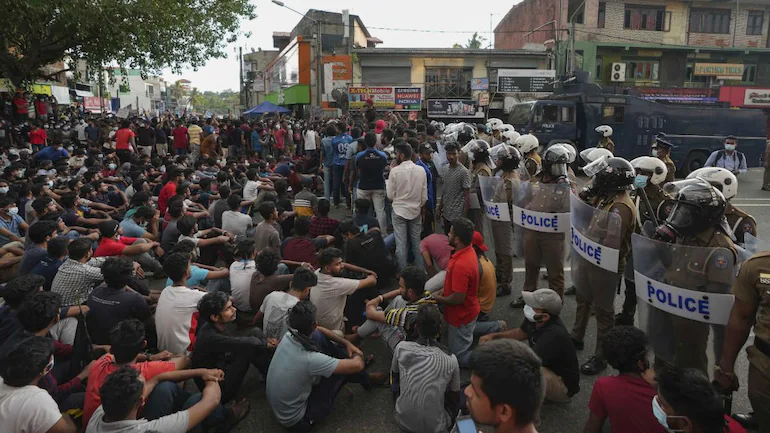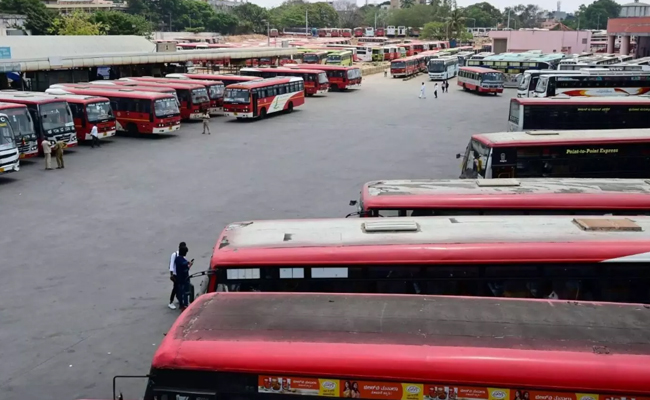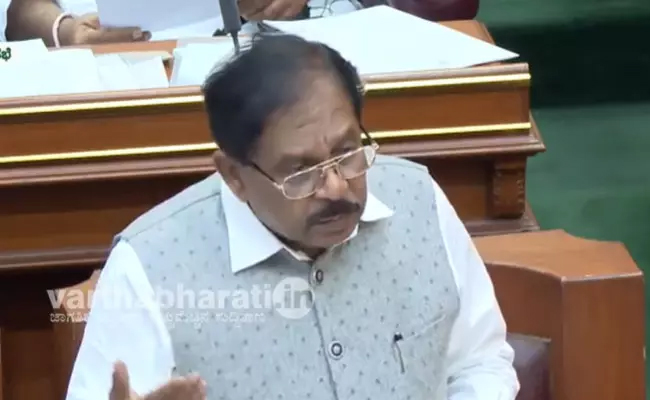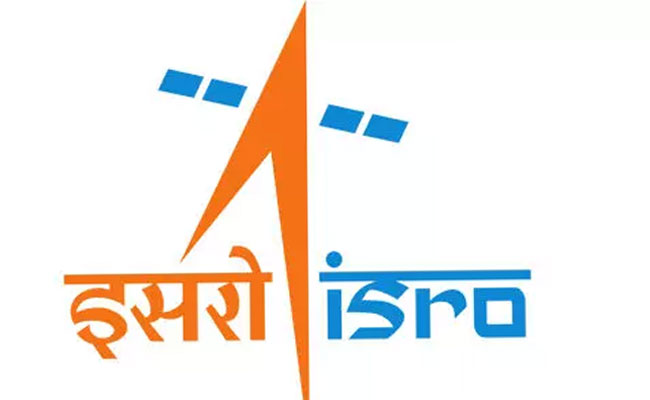Washington, Apr 7: The United States has advised its citizens against travelling to Sri Lanka, pointing to the fuel and medicine shortages, as well as the COVID-19 and terror threats in the Island nation where the worst-ever economic crisis has triggered political unrest.
Sri Lanka is facing its worst economic crisis since gaining independence from the UK in 1948.
Sri Lankans have protested for weeks over lengthy power cuts and shortages of gas, food and other basic goods. The public anger has prompted nearly all Cabinet ministers to quit, and scores of lawmakers to leave President Gotabaya Rajapaksa's government.
Reconsider travel to Sri Lanka due to COVID-19 and fuel and medicine shortages. Exercise increased caution in Sri Lanka due to terrorism, the State Department said on Wednesday in its latest travel advisory which has now been placed on Level 3.
The Centre for Disease Control and Prevention (CDC) has issued a Level 3 Travel Health Notice for Sri Lanka due to coronavirus, indicating a high level of COVID-19 in the country.
Your risk of contracting COVID-19 and developing severe symptoms may be lower if you are fully vaccinated with an FDA-authorised vaccine. Before planning any international travel, please review the CDC's specific recommendations for vaccinated and unvaccinated travellers, it said.
The State Department said Sri Lanka is experiencing shortages of fuel and cooking gas as well as some medicines and essential food items, due to the ongoing economic situation in the country.
There have recently been protests over the economic situation and queues at gas stations, grocery stores and some pharmacies. Protests have occurred throughout the country and have mostly been peaceful. In some instances, police have used water cannons and tear gas to disperse protesters, it said.
There have also been daily planned power outages across the island, as well as some unplanned power outages, as fuel for backup generators is increasingly scarce. Public transportation in some instances has been limited or curtailed. Travellers should monitor local media for updates on the ongoing situation, said the State Department.
Terrorists may attack with little or no warning, targeting tourist locations, transportation hubs, markets, shopping malls, government facilities, hotels, clubs, restaurants, places of worship, parks, major sporting and cultural events, educational institutions, airports, hospitals, and other public areas, the travel advisory said.
Sri Lanka is currently experiencing its worst economic crisis in history. With long lines for fuel, cooking gas, essentials in short supply and long hours of power cuts, the public has been suffering for months.
Despite the declaration of a state of emergency and a weekend curfew, people joined the protests calling for the resignation of Rajapaksa throughout the island nation on Tuesday. Protesters even blocked the access roads to parliament.
The President late Tuesday night revoked the emergency after huge public protests demanded his resignation.
The president and his older brother, Prime Minister Mahinda Rajapaksa, continue to hold power in Sri Lanka, despite their politically powerful family being the focus of public ire.
President Rajapaksa has defended his government's actions, saying the foreign exchange crisis was not his making and the economic downturn was largely pandemic driven with the island nation's tourism revenue and inward remittances waning.
Let the Truth be known. If you read VB and like VB, please be a VB Supporter and Help us deliver the Truth to one and all.
Bengaluru: The Karnataka State Road Transport Corporation will operate 1000 additional special services in view of the Christmas festival.
In addition to the existing schedule, the special services will run on 19.12.2025, 20.12.2025 and 24.12.2025. Further, special buses will be operated from various places of intra & Interstate places to Bengaluru on 26.12.2025 & 28.12.2025.
Special buses will be exclusively operated from Bengaluru Kempegowda Bus Station to Dharmastala, Kukkesubramanya, Shivamogga, Hassan, Mangaluru, Kundapura, Shringeri, Horanadu, Davangere, Hubbali, Dharwad, Belagavi, Vijayapura, Gokarna, Sirsi, Karwar, Raichur, Kalaburagi, Ballari, Koppala, Yadgir, Bidar, Tirupathi, Vijayawada, Hyderabad and other places.
ALSO READ: Bengaluru: Shopkeeper stabbed for refusing to serve free panipuri
Special buses from Mysuru Road Bus Station will be exclusively operated towards Mysuru, Hunsur, Piriyapatna, Virajpet, Kushalanagar, Madikeri.
The corporation has also announced a discount of 5 per cent on the fare if four or more passengers book tickets under a single reservation. A discount of 10 per cent will be extended on return journey tickets if onward and return tickets are booked simultaneously.
In addition to the above, special buses will be operated from all Taluk/District Bus Stands in the jurisdiction of KSRTC based on the traffic needs.





